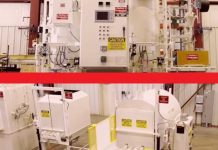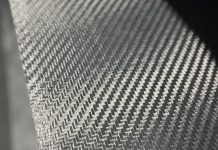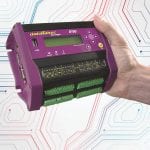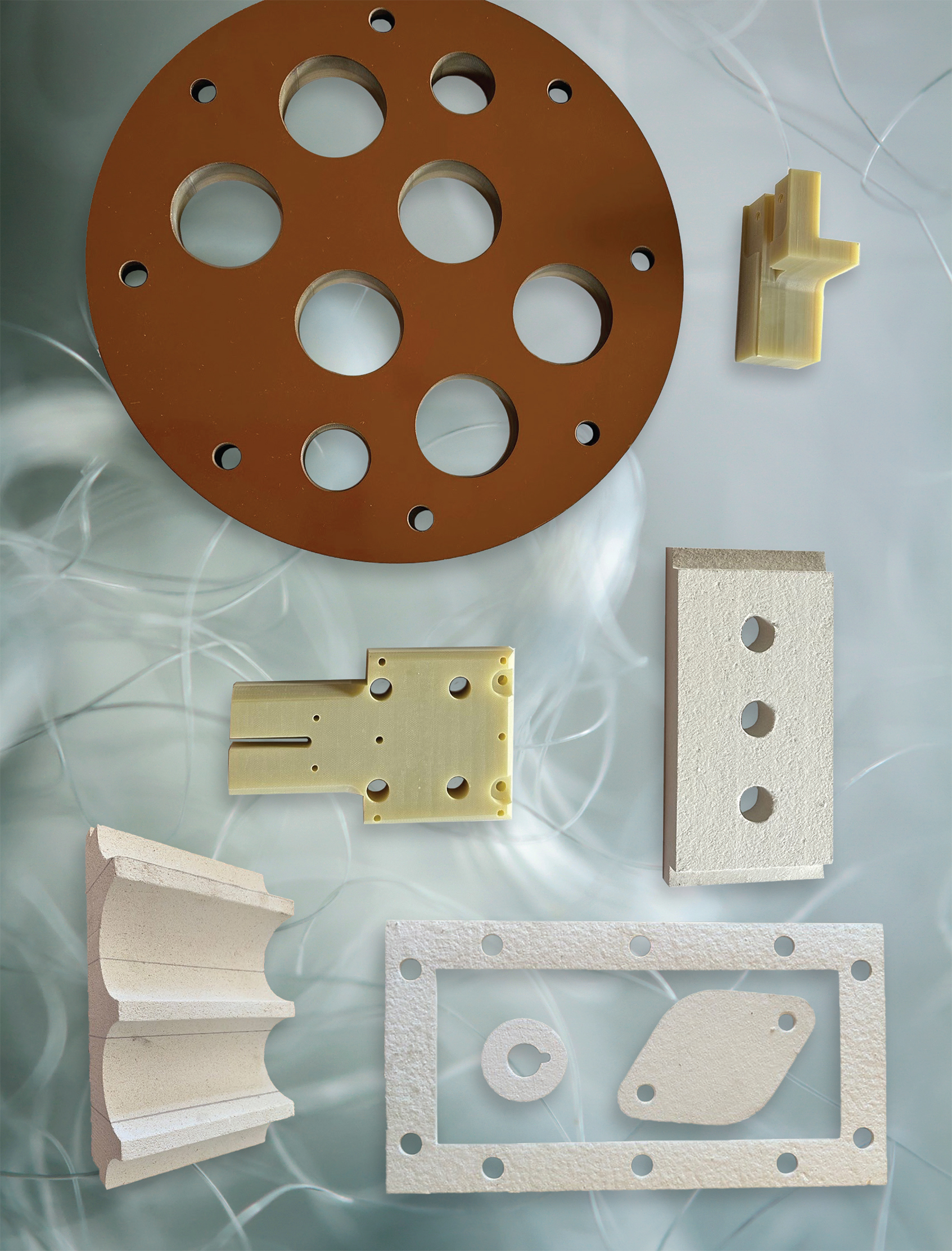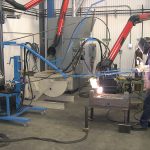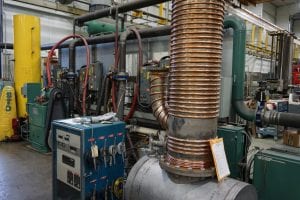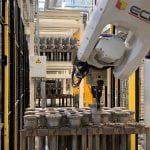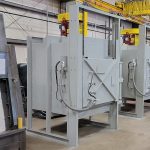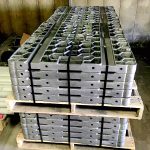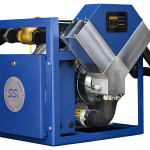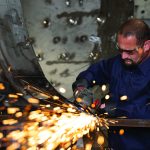What would you do if supply chain issues during a pandemic kept you from shipping your product because one final, crucial part wasn’t available? If you’re Algas-SDI, then you make that crucial part yourself.
The natural gas replacement systems and vaporizers that Algas-SDI had been producing for years use packaged burners to heat their process, but COVID created an enormous supply chain constraint in 2021, according to Ad de Pijper, director of the combustion products value stream division, at Algas-SDI.
“We could not get burners, so we had a lot of equipment sitting on our shop floor — basically, everything was ready except there was a hole in the product where a burner should go,” he said. “So, in 2021, we decided to make our own burners. That’s how we started our journey in the burner industry. Once we started making burners for ourselves, other people — since we’re very close to many players in the industry — they said, ‘Hey, you want to sell your burners to us?’ And we said to ourselves, ‘Well, if there is a need, let’s start a business to fill this need, so that’s what we did.’ So, from a burner perspective, we’ve been at it about two and a half years. But the company itself has more than a 90-year background.”
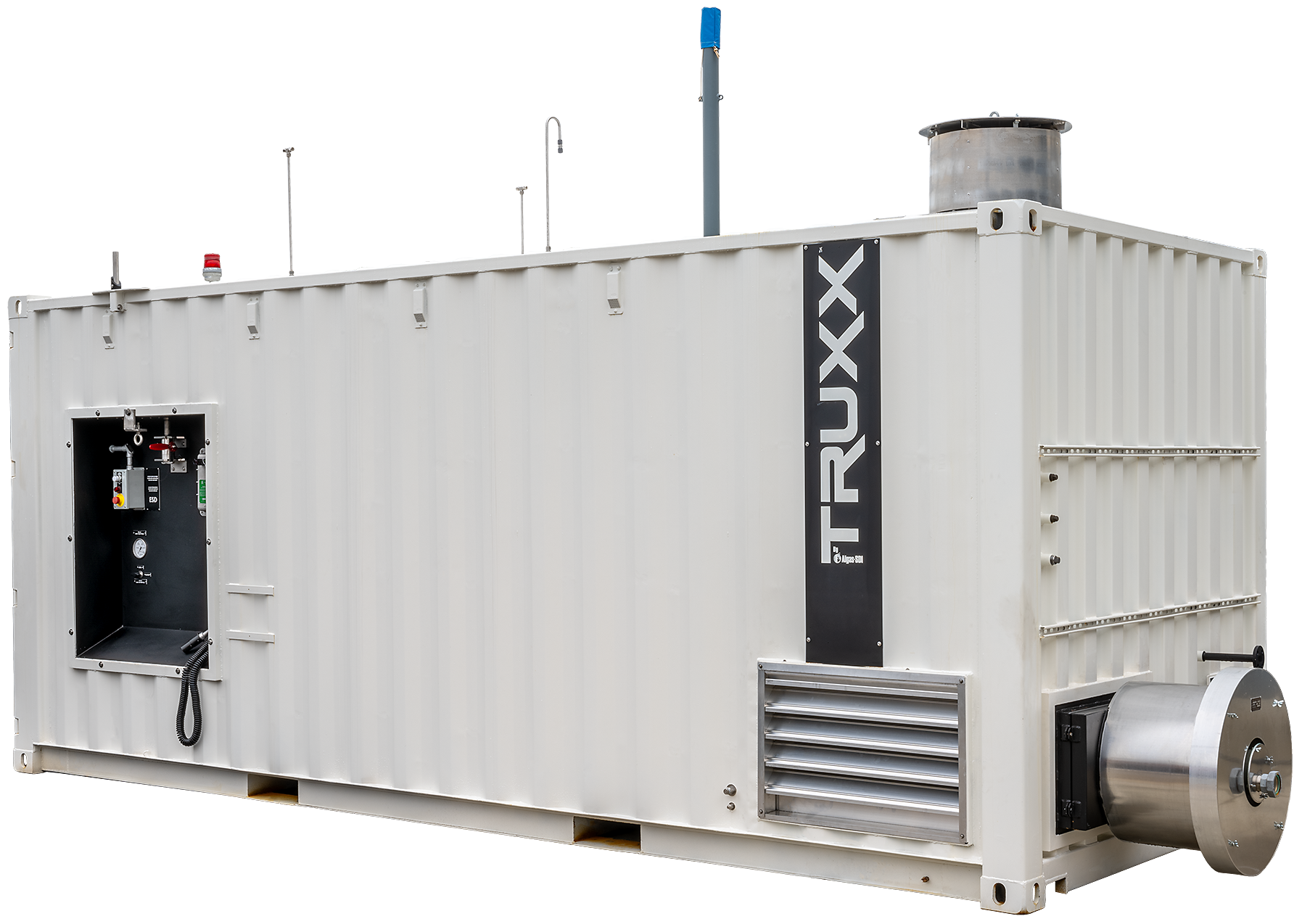
Major achievement
To put that monumental business change into focus, Algas-SDI went from deciding to add a brand-new product to their catalog to shipping it in eight months, according to de Pijper.
“We literally had nothing,” he said. “We had no designs; we had no supply chain; we had no team to support the burner business. We received our first order late 2021, and we shipped 36 burners in April of the following year. We went from nothing to shipping our first order for 36 burners in eight months. To put that in perspective: Other companies that are more established, some with more than 100 years of experience building and selling burners, had a lead time of nine to 12 months.”
Part of Algas-SDI’s journey back into the heat-treat industry stemmed from the company’s desire for others in the sector to not have to go through the same struggles where people couldn’t get product or those products took an exorbitant amount of time to get, according to de Pijper.
“We are very focused on short lead times and customer service, and that’s really because of the pain that we felt ourselves,” he said. “We were trying to get burners for our own equipment. The lead time was too long, but we also would not get good customer service because these other companies, they were struggling getting product out the door. And again, because of our long history and experience with Eclipse, which now, of course, is owned by Honeywell, it was a no-brainer for us to also go into the heat-treat industry.”
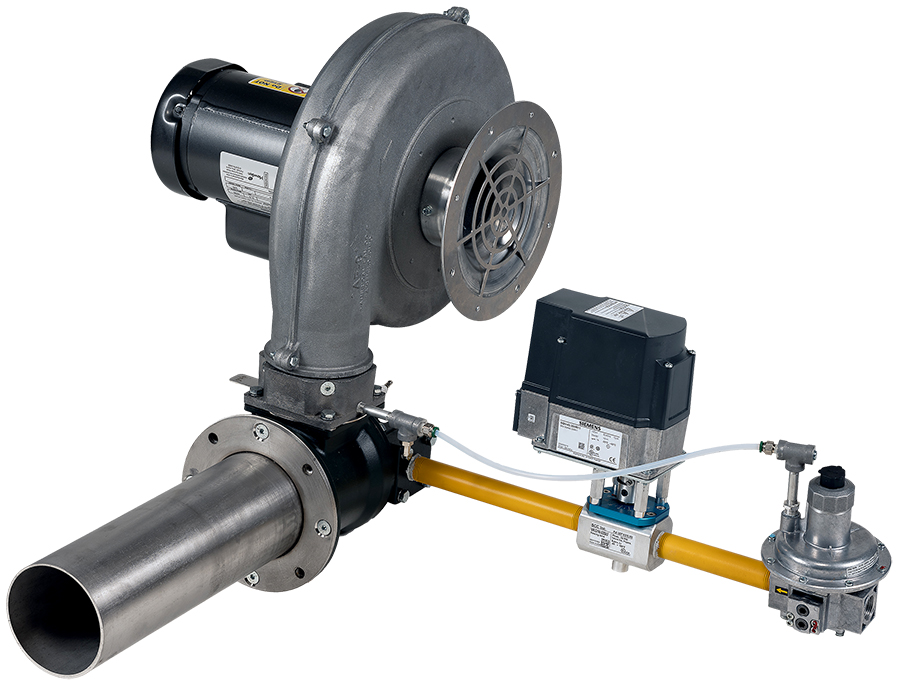
Direct-fired burners
Algas-SDI’s current focus is on direct-fired burners — with and without integral blowers for combustion air — for medium- to high-temperature processes, according to de Pijper.
“That’s what we offer,” he said. “The smallest burner we have has a capacity of 150,000 BTU/hr. The largest standard burner we sell is 7.5 million BTU/hr. Those are the products that we’re offering right now, but our development team is working on a radiant tube fired burner we plan to release later this year.”
‘Simple and easy-to-use’
Adding burners to its catalog is just one of the ways Algas-SDI strives to take some of the complications out of how its customers run their operations, according to de Pijper.
“Everything we do is about making products that are simple and easy-to-use for our commercial, industrial, and utility customers,” he said. “That’s driven by supplying high-quality products with dependable lead times. Not necessarily just short lead times, because some people don’t want it quickly. They just want to know that they get the product when they need it.”
Being approachable to customers is a point that de Pijper is particularly proud to emphasize.
“We listen to customers and by doing that well, we evolve with the industry,” he said. “We’re not trendsetters. We do not lead with the latest technology, but to make sure we’re offering the right product and service, we are customer focused. We do this by having a lot of in-person interactions with our customers. One way to do that is by providing training. We train end users; we train operators; we train engineers. In-person training does two things: One, is it’ll help improve brand loyalty, because our customers know us personally. But it also allows us, by listening, to get customer feedback on our products. This allows us to renew and improve our products continuously and quickly. We’re just built that way.”
Listening to feedback is important because it pushes the company to continuously improve its product in a meaningful way, according to de Pijper.
“All feedback is a gift, good and bad, because it’s feedback that you get that you can use to make the product better, so customers have a better experience next time,” he said.
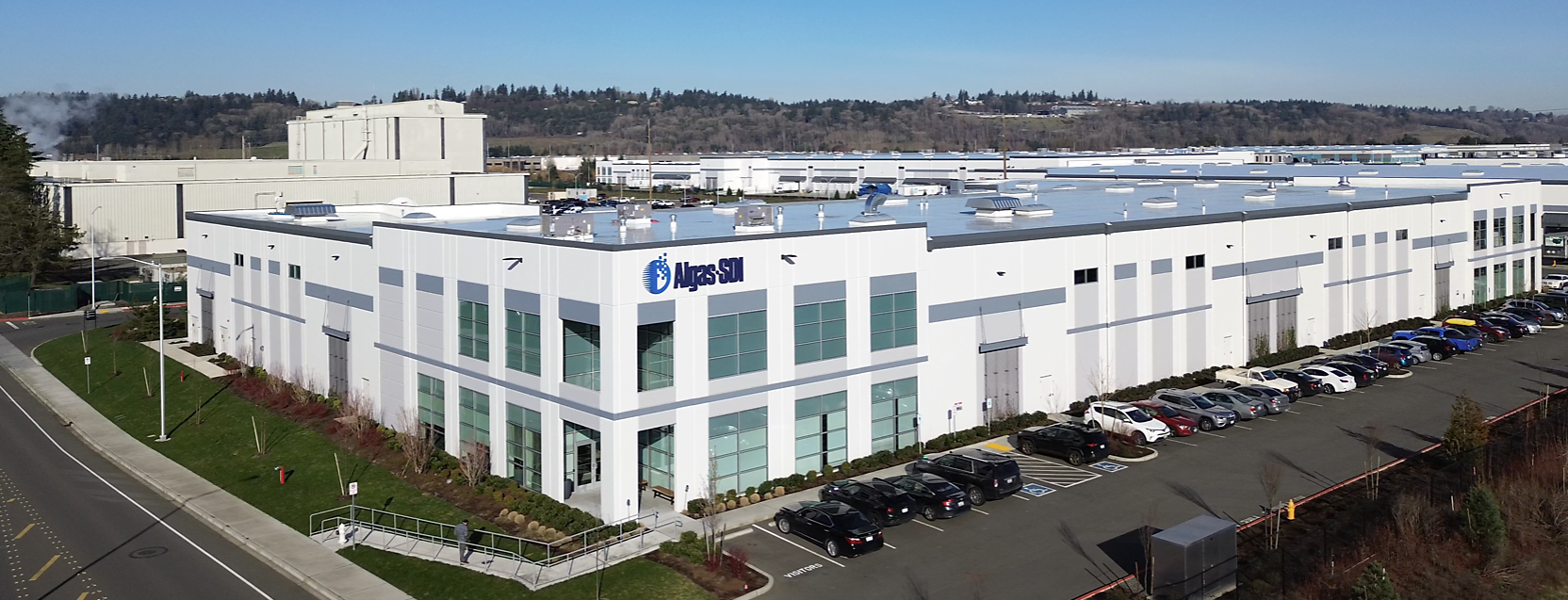
Developing customer relationships
Asking for feedback is also important when developing a new customer relationship. It starts with the goal to make it as easy as possible for Algas-SDI’s customers to choose a product that works best for them, according to de Pijper.
“Making things easier for our customers is our goal — even when we quote,” he said. “Instead of asking a lot of questions, we listen to the customer’s needs, and we say, ‘OK, we heard you. We think this is what you need, and these are the assumptions that we made.’ We get it right most of the time, but if we don’t, customers comment on the assumption, and we send them a new quote right away.”
“When we hire new people, I always say, ‘Just realize this: This is a manufactured product, so stuff is not always going to work the way you expect,” de Pijper said. “It could be a supplier issue. It could be an assembly issue. It could even be that the customer is not using the product the way we expected them to, but whatever happens, if the customer has an issue, it will be our priority to solve the problem and have them up and running as quickly as possible. That means you’re asking questions that help you decide what the next action is to help the customer. If we must replace the product, then replace the product. We can do our investigations later, and that is when we are going to learn from this situation and make our product even better, but we cannot let that get in the way of having the customer get back to run their process.”
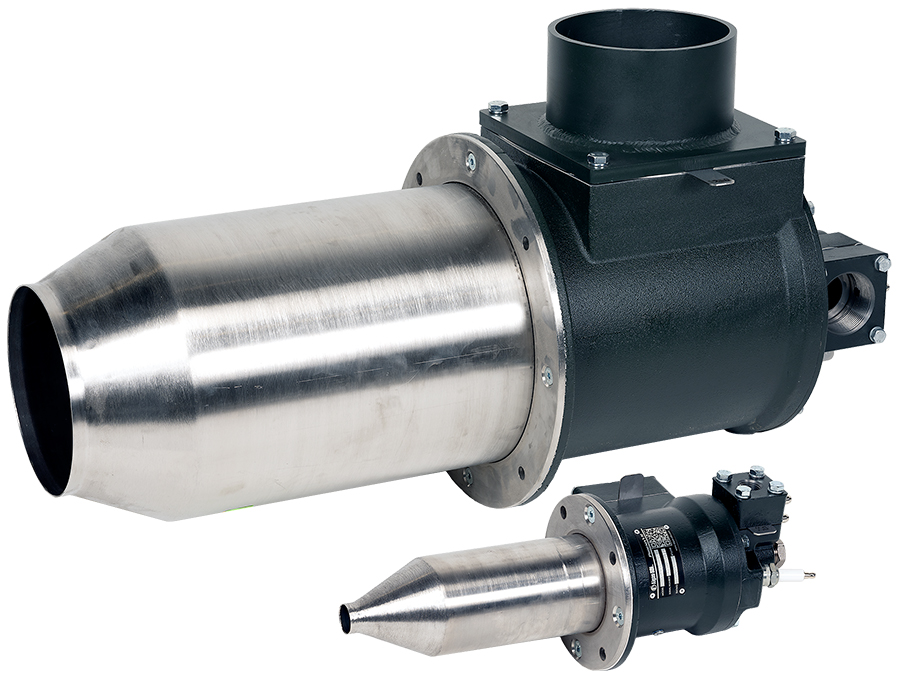
Small catalog
Part of what makes the Algas-SDI Combustion Products team good at what it does is because it keeps the catalog of products small, according to de Pijper.
“We have a very small catalog, and we did that on purpose because focus is critical when customers expect short response times.” he said. “When I started my career in the combustion industry in the early ’90s, lead times for most products was four to six weeks, and personable customer service was the norm. I want to go back to that time. I do not want people to get used to long lead times. I don’t want people to get used to customer service not picking up the phone. I want to go back to that time because I truly believe that’s what customers and end users want and need.”
Although Algas-SDI has only recently been more directly involved in the heat-treat industry, the company has been manufacturing products and systems to deploy clean fuels globally since 1932.
In that vein, de Pijper said he expects the company will continue to do this as the use of fuel gases for commercial, industrial, and utility applications changes.
“Natural gas is not going away, at least not for the foreseeable future,” he said. “For now, Algas-SDI will continue to supply our equipment for fossil fuel applications, but there are obviously environmental concerns, so I expect that there will be a transition to renewable and non-carbon-based fuels — likely renewable natural gas, propane, ammonia, and hydrogen. This switch to new fuels cannot be done immediately; it’ll be a transition.”
And with that transition, the burners that use that gas will also need to adapt as well, according to de Pijper.
“When the molecule changes, the combustion properties change, and so does the burner and fuel supply and control components.” he said. “My vision is that Algas-SDI will be the company that can provide the products to support this transition to renewable fuels.”
MORE INFO algas-sdi.com










